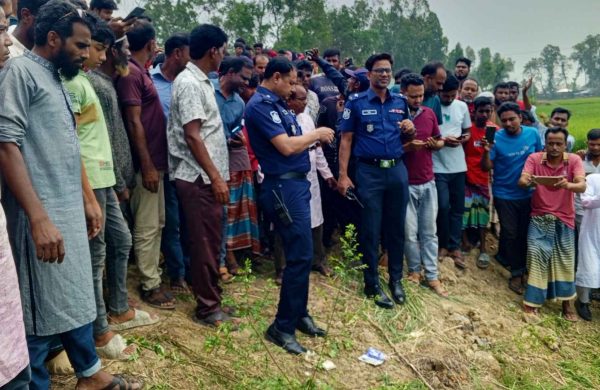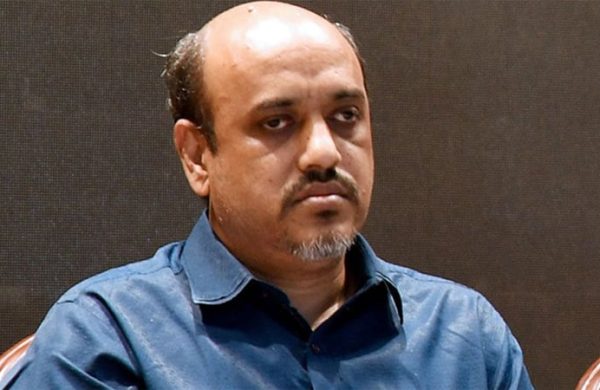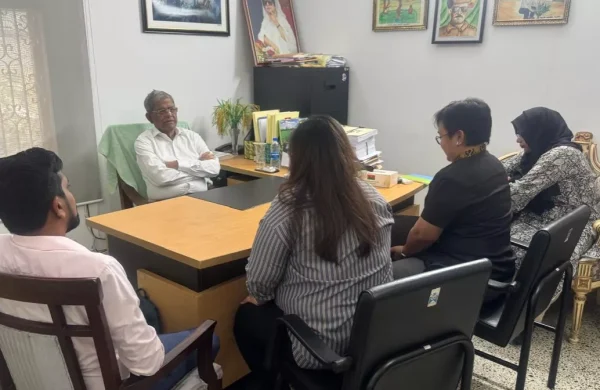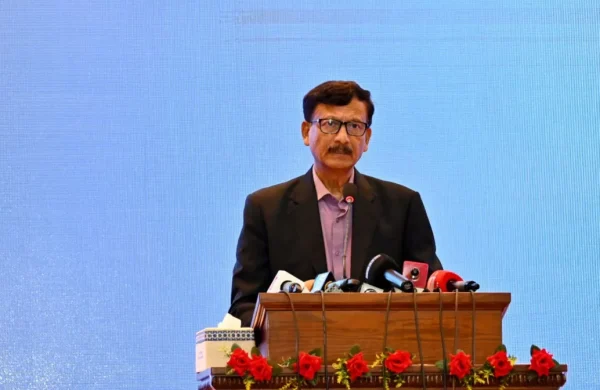Jamuna Railway Bridge: Trial run of trains on
- Update Time : Tuesday, November 26, 2024
- 337 Time View
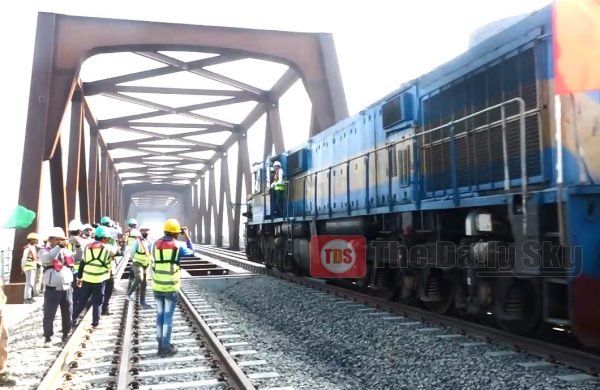
Sirajul Islam Shishir
At last, the authorities concerned of Bangladesh Railway have started its trial run on the newly constructed Jamuna Railway Bridge located on the mighty river Jamuna covering both the Sirajganj and Tangail district.
The test run started at around 9:50 am on Tuesday with two trial trains on the up and down lines will continue till Wednesday.
On the other hand, it is being expected that the newly constructed bridge will be opened finally for the train movements by January second week in 2025.
The Project Director Abu Fattah Md. Masudur Rahman told TDS that, “The test run of the trains has begun after completion of the country’s largest rail bridge construction. It is being expected to run the train with a high speed on the second day of test run, which started on the up and down lines at a speed of 10 kilometers per hour on this 4.8 kilometer-long bridge.”
He also said, “The railway bridge, which construction work was started in 2020 at a cost of about Tk 16,780 crore, has now become ready for commercial move from January 2025.”
Incidentally, railway connectivity between the northwestern region and Dhaka was established after opening of the Bangabandhu Jamuna Bridge in 1998.
However, the speed of the trains was made limited due to development of cracks on the bridge in 2008. Since then, the trains have been plying on the bridge taking risk. It also causes time wastage and schedule disruption. To resolve the problem, the government took the initiative to build a separate railway bridge over the Jamuna River.
After inauguration of the newly constructed Railway Bridge, trains will be able to run at a speed of 100 kilometers to 120 kilometers on it that will help to reduce time and costs, Rahman said.
Japanese companies OTG and IHI Joint Venture have been worked as the contractor of the country’s largest bridge.
Rahman also added that, “Once operational, the bridge is expected to accommodate up to 88 trains daily at speeds of 100 to 120 kilometres per hour. As a result, it will cut the journey time on the route by 20 minutes.”
Railway sources said, high-speed trains will be able to run on the track. However, in the first year, trains will be allowed to run at a speed of only 100 to 120 kilometres per hour.
Initially budgeted at Tk 9,734 crore, the cost of the bridge has since risen to Tk 16,780.95 crore following a two-year extension.
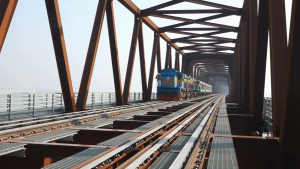
Photo: TDS
Japan International Cooperation Agency (Jica) has provided a loan covering 72.40% of the project costs, with the remainder financed domestically for the project that was undertaken in 2016.
The bridge is expected to revolutionize rail connectivity between Dhaka and the northern regions, following the transformative impact of the Bangabandhu Bridge on road transportation since 1998.
This state-of-the-art railway bridge is anticipated to increase passenger numbers and enhance freight transportation significantly.
The dual-gauge, double-track bridge was involved the construction of 50 pillars—27 on the Tangail side and 23 on the Sirajganj side—by both local and international engineers and workers.
After finally inauguration, the 4.8-kilometer-long bridge would be the largest dedicated railroad bridge in the country. It consists of a 0.05-kilometre viaduct on both sides and 7.667 kilometres of approach roads. Authorities have also attached a gas line to the rail bridge.
The Bangabandhu Bridge, also known as the Jamuna Bridge, inaugurated in 1998, connected Dhaka to the northern and southwestern regions by rail. However, structural issues led to speed restrictions, causing delays and passenger inconveniences, officials said.
Initiated in November 2020, the construction of the new railway bridge is now being considered as a crucial step towards improving the country’s rail infrastructure. It will open a new horizon in context of the country’s economic development by adding both the regions with the railway connectivity.


